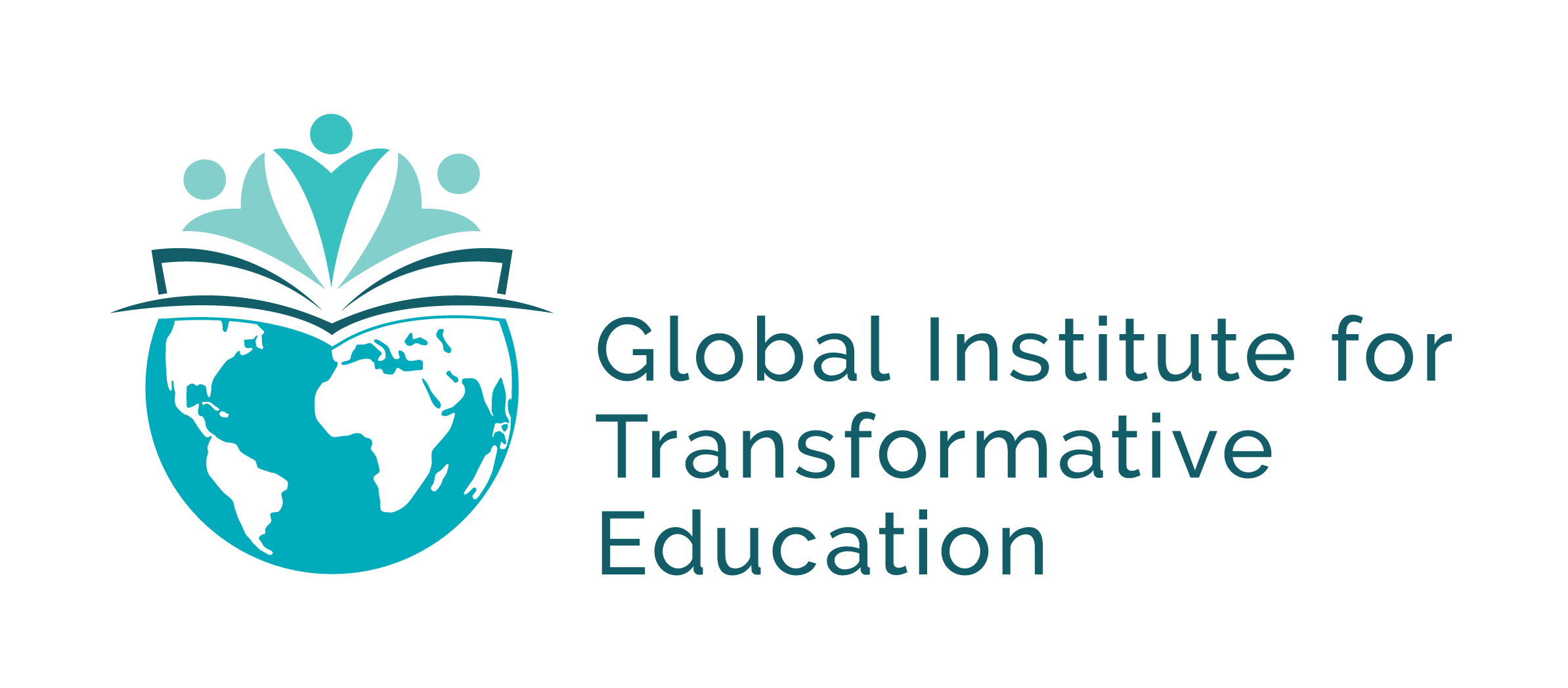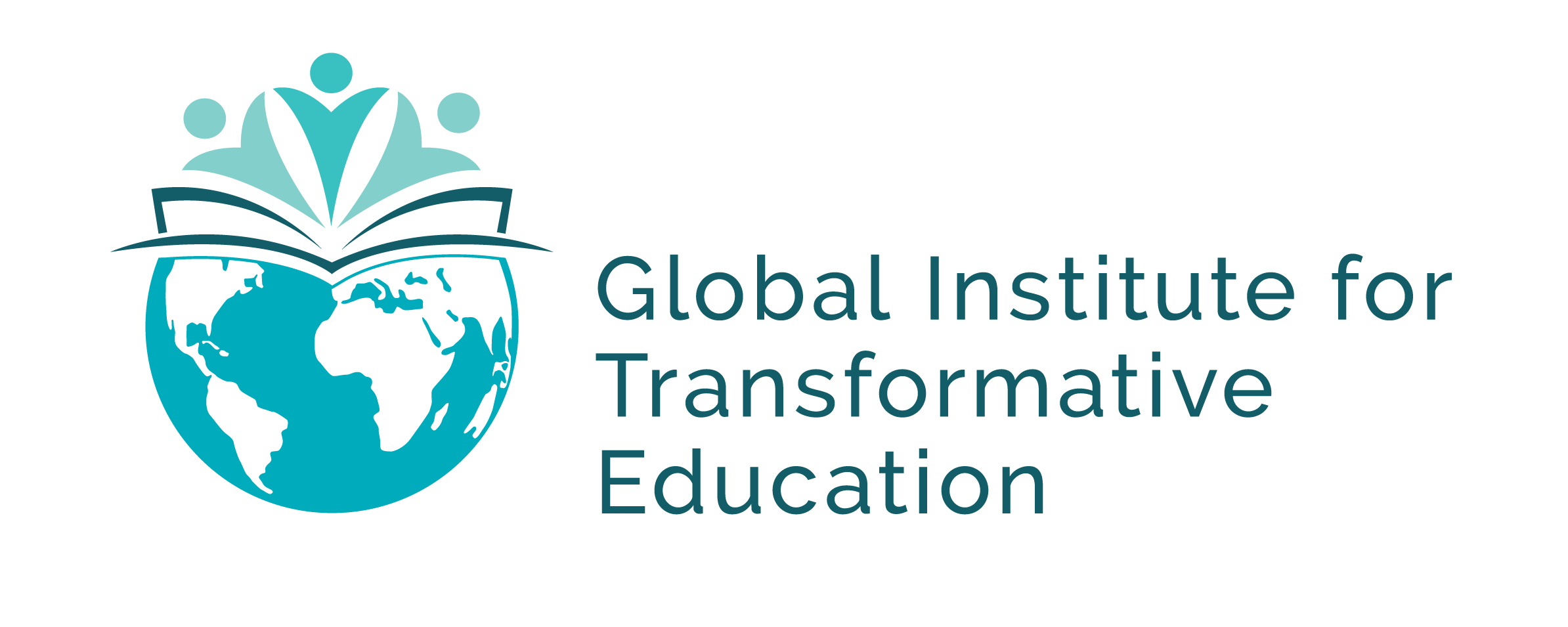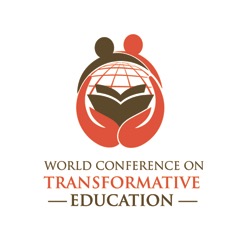
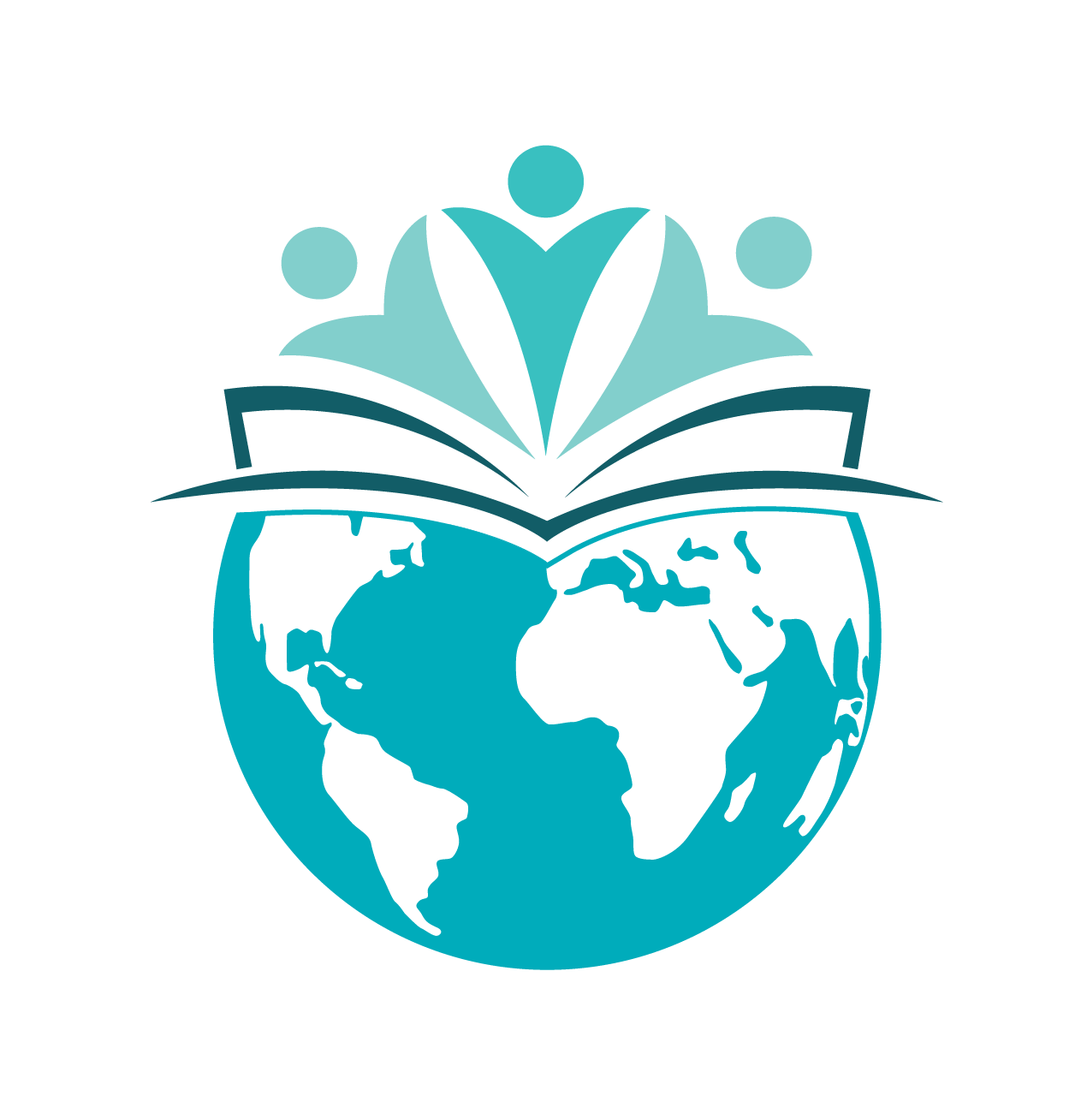
Appendix to the WCTE Call for Proposals
To provide you a definition of transformative learning that is closely aligned with the vision of conveners of this conference, we will begin with a quote by Schumacher (1973), an economist, a philosopher, and the author of Small is Beautiful. He states, “The volume of education continues to increase, yet so do poll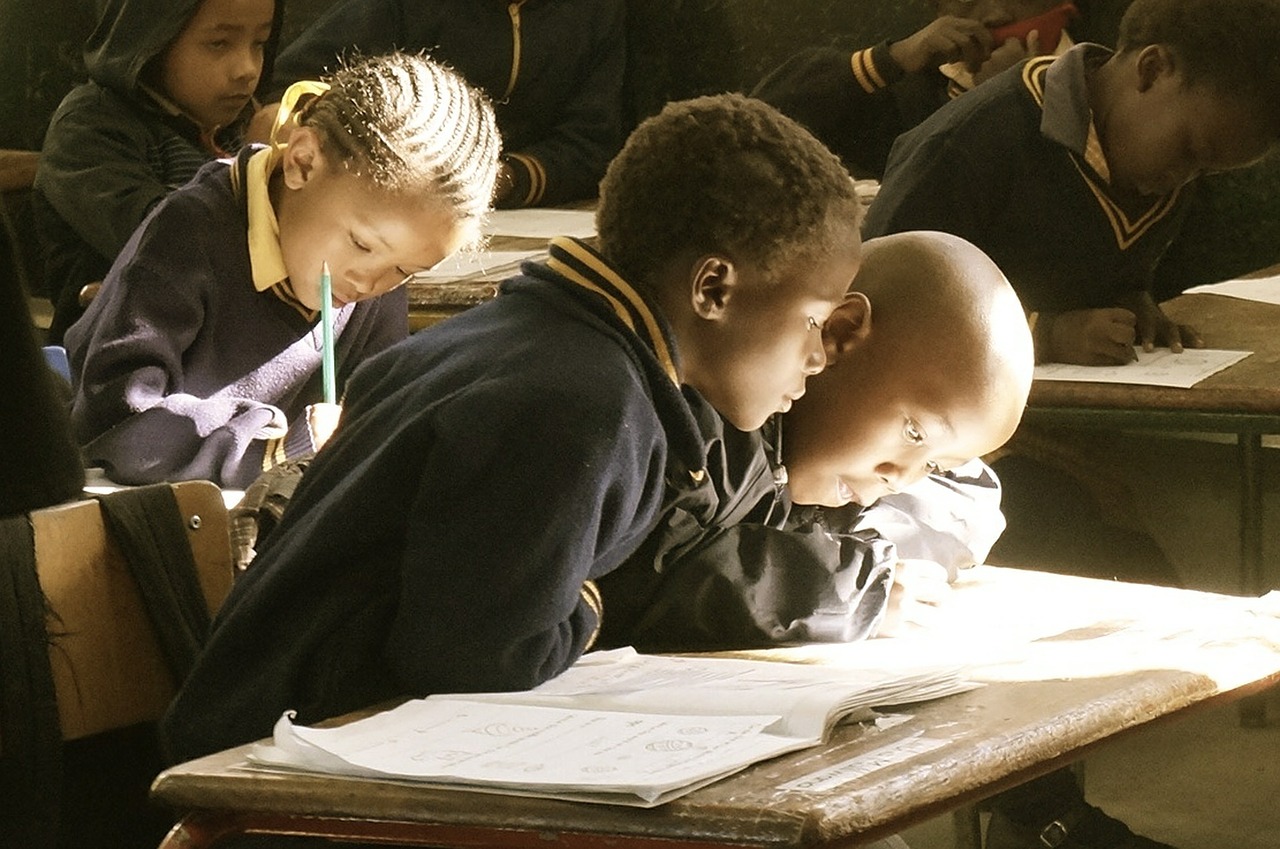 ution and exhaustion of resources and the dangers of ecological capacity. If still more education is to save us, it will have to be an education of a different kind, an education that takes us to the depth of things.” It would be important to examine the relevance of Schumacher’s statement today within the context of your discipline and/or the P-16 education system in your country in terms of the extent to which it prepares students to address societal needs and problems.
ution and exhaustion of resources and the dangers of ecological capacity. If still more education is to save us, it will have to be an education of a different kind, an education that takes us to the depth of things.” It would be important to examine the relevance of Schumacher’s statement today within the context of your discipline and/or the P-16 education system in your country in terms of the extent to which it prepares students to address societal needs and problems.
Transformative learning as defined by O’Sullivan (2003):
Transformative learning involves experiencing a deep, structural shift in the basic premises of thought, feelings, and actions. It is a shift of consciousness that dramatically and irreversibly alters our way of being in the world. Such a shift involves our understanding of ourselves and our self-locations; our relationships with other humans and with the natural world; our understanding of relations of power in interlocking structures of class, race and gender; our body awarenesses, our visions of alternative approaches to living; and our sense of possibilities for social justice and peace and personal joy (O’Sullivan, p.327, 2003).
Here are general questions for in-depth reflection and tweaking of your conference proposals:
As conveners, we want to make sure that the papers that will be presented at the WCTE are relevant not only to the theme of the conference but also to the vision of transformative education. As you craft your proposal, we encourage you to review this call for proposals in depth and ensure that your proposal answers some of the following questions:
- What enduring transformative change does your proposal seek to imbue in teachers and/or students?
- In what ways does your proposal challenge the status quo or break away from the traditional ways of teaching and/or learning and offer new solutions to the problem(s)?
- In what ways does your proposal elevate youth/adult voice and democratic practices in schools and /or in the society?
- What scientifically tested disciplinary techniques, ideas, leadership skills, assessments, pedagogy, curriculum, etc., of different kinds are you proposing?
- In what ways does your proposal serve to create a more equitable and sustainable future?
- In what ways does your proposal focus on the natural and human resources/capital that are available in your locale/area as a resource for student engagement?
- In what ways does your proposal elicit knowledge transfer and knowledge applicability in real-life contexts?
- How does your proposal examine the social, environmental, and economic problems in your locale?
- How does your proposal encourage student-driven, collaborative project-based learning?
- In what ways does your proposal nurture youth and parent/adult with partnership strategies for effective service learning?
- How does your proposal promote authentic indigenous knowledge systems and/or indigenous ways of knowing and doing?
- How innovative, creative, and transformative is your proposal for conference participants?
References
Mezirow, J. (1997). Transformative Learning: Theory to Practice. New Directions for Adult and Continuing Education, 74, 5–12.
Moore, J. (2005). Is higher education ready for transformative learning?: A question explored in the study of sustainability. Journal of Transformative Education, (3)1, 76-91.
O’Sullivan, E. (2003) “Bringing a perspective of transformative learning to globalized consumption.” International Journal of Consumer Studies, 27 (4), 326–330.
